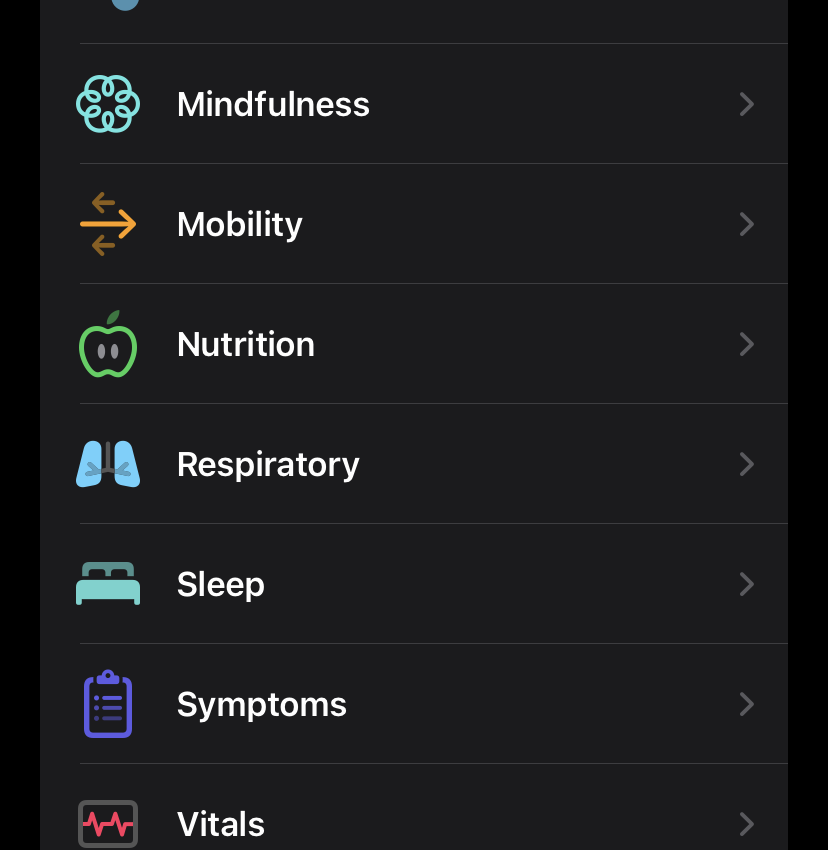Starting from economic development and improving standard of living, most industrialized nations and emerging countries are confronted with low birth rates and an ageing population. This is not only a societal and economic challenge, but it also challenges the health systems of countries around the world. An increasing number of people will rely on a well-working health system in equally urban and rural areas. At the same time however, resources and manpower are predicted to be scarcer. Hence, we need the most efficient use and allocation of medical resources to maintain our health systems. But how is that achievable? Based on the abovementioned observation we draw one important conclusion:
Prevention is better than cure. Prevention is also cheaper than cure. Our health systems should move away from a system that is purely based on curing illnesses. Statistics show that most diseases treated in industrialized and industrializing states are so-called diseases of civilization (Alzheimer’s disease, atherosclerosis, asthma, cancer, stroke etc.) that are the consequence of unhealthy habits and an unhealthy lifestyle on the one hand, and an increasing life expectancy on the other hand. Hence, promoting a healthy lifestyle among citizens will reduce the burden on our health systems.

Health is also about money
Based on this conclusion, it is always difficult to find a point to start. We strongly believe that challenges are thorny opportunities. It is obvious that the far-reaching and revolutionary technological developments will also change our medical systems profoundly. Using these technological developments to not just meet future challenges but to upgrade our health systems to better allocate and calculate resources and frankly improving life quality of our citizens is our ultimate goal.
Already today, millions of people measure their health data with technological devices and share this data with app providers. Valuable information that can already save lives. One prominent example is the Apple Watch which automatically calls an ambulance after a fall or an accident was detected. This example shows there is already tremendous potential regarding the use of technology in the health system. It simply has not been implemented correctly. We therefore argue for the implementation of a Health Credit System. The Health Credit System we envision is based on health data collected by devices like smart watches to measure certain parameters including sleep quality, snoring, physical activity, burned calories, pulse etc. We believe that with improving technological possibilities in a couple of years we will be able to measure gradually more and more parameters to collect sufficient data in order to generate a comprehensive Personal Health Profile. This personal health profile is the sum of all collected data analyzed and weighed by an AI tool through a health platform/app launched by the Ministry of Health in collaboration with the WHO. Based on the AI assessment, credit points will be awarded to every health profile based on whether the lifestyle is considered healthy or not. In case a profile is awarded over proportionally many credit points, this person will receive a financial benefit in terms of reduced health insurance fees or reduced taxes (depending on the health system). However, we want to emphasize that health profiles with a proportionally medium or low score will not receive any form of punishment. The purpose of this reward system is to motivate people to life healthily. Furthermore, this personal health profile will detect possible hazards and illnesses early to prevent diseases. The two major advantages of this credit system are a healthier population and reduced costs.
However, our proposal requires good preparation and surveillance. We therefore encourage all governments to first test the health credit system among a small number of people to prove whether it is practical and effective. Most importantly, it has to be assessed how the algorithms will be trained and what data has what significance for the overall health score. This is a question we are unable to answer at this point. We have to consult medical experts IT experts who observe and guide the entire development and launch of the health credit system. Differences among age, sex, race, with/without disability, with/without preconditions etc need to be taken into account. This is the practical challenge. Ethically speaking, we are dealing with a high-risk technology and the potential abuse of health data by governments, firms or terrorist organizations. Are researchers and inventors accountable for the abuse of new technologies? We believe yes. So rather we develop a health credit system with high ethical standards than folks wo do not abide any laws but maximizing profit and power.











